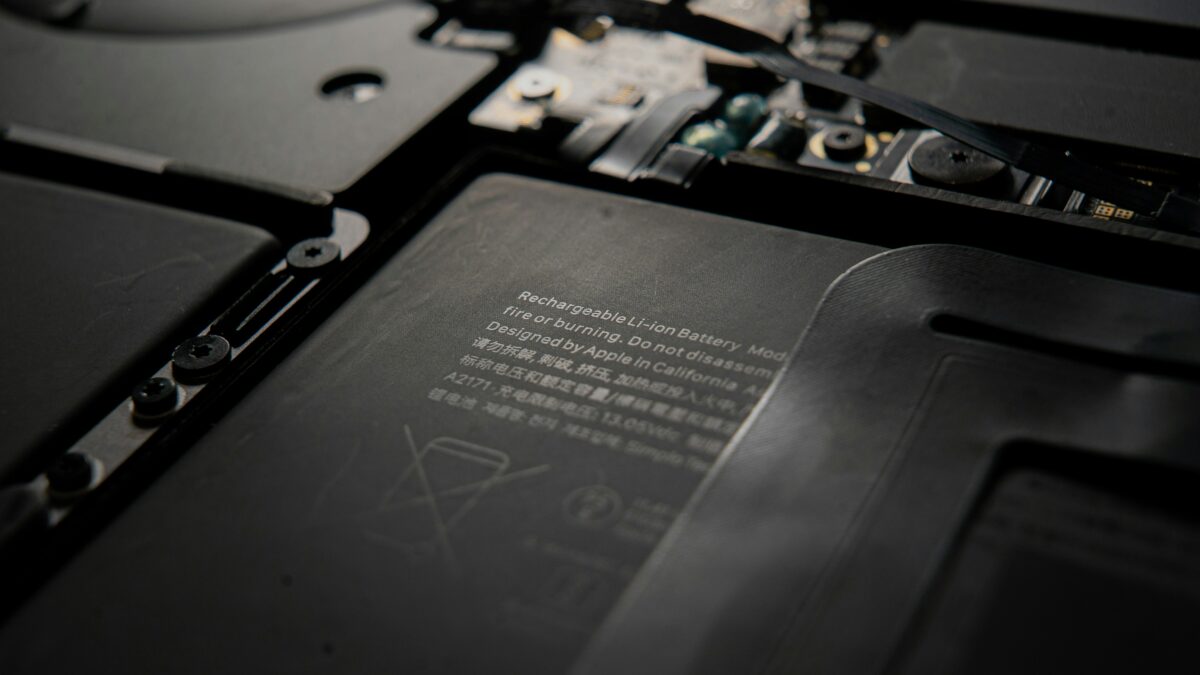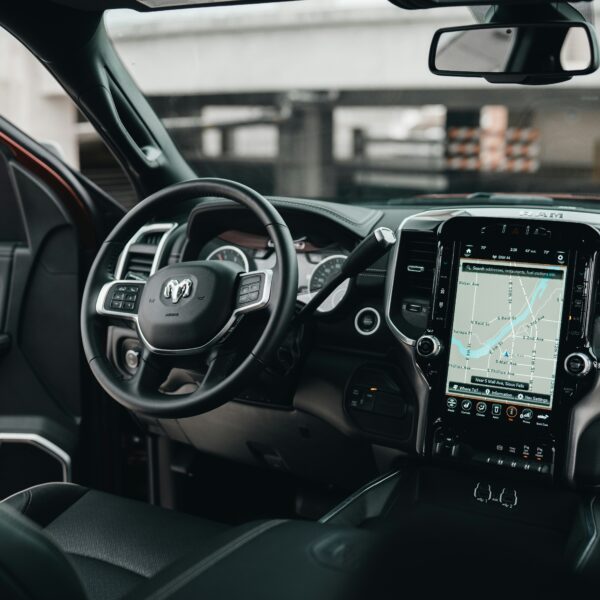The Hidden Costs of Car Ownership: How to Avoid Overspending
Owning a car offers freedom and convenience, but it also comes with hidden costs that can quickly add up if you’re not careful. It’s important for car buyer’s in 2024 to navigate the car market with more
Expected costs of car ownership
Maintenance and Repairs
Regular maintenance is essential for keeping your car running smoothly and preventing costly repairs down the road. Budget for routine tasks like oil changes, tire rotations, and brake inspections to avoid unexpected expenses. Consider learning basic car maintenance tasks yourself to save money on labor costs.
Fuel Costs
Fuel expenses can vary depending on factors like gas prices, driving habits, and vehicle efficiency. To save money on fuel, practice fuel-efficient driving techniques such as avoiding aggressive acceleration and maintaining a steady speed on the highway. If the situation allows, consider carpooling, using public transportation, or investing in a hybrid or electric vehicle to reduce your fuel expenses.
Insurance Premiums
Car insurance is a necessary expense to protect yourself and others in the event of an accident. However, insurance premiums can vary widely depending on factors like your driving record, age, and the type of coverage you choose. Shop around for insurance quotes from multiple providers to find the best rate for your needs, and consider bundling your car insurance with other policies for additional savings.
Hidden costs of car ownership (and how to anticipate them)
Depreciation
The moment you drive your new car off the lot, the depreciation clock starts ticking. It’s a sobering reality that many car buyers face as they experience the initial plunge in their vehicle’s value. This phenomenon, often referred to as “instant depreciation,” can be a hard pill to swallow, especially for those who have just made a significant investment in a brand-new vehicle.
Cars depreciate in value over time due to various factors, including wear and tear, mileage, market demand, and technological advancements. The rate of depreciation can vary significantly depending on the make and model of the vehicle, with some cars retaining their value better than others.
Taxes
With a new car purchase comes the inevitable consideration of taxes. Taxes on vehicle purchases can vary depending on several factors, including where you live, the type of vehicle you’re buying, and any applicable local or state taxes.
One of the most common taxes associated with purchasing a new car is the sales tax. This tax is typically calculated as a percentage of the purchase price of the vehicle and is paid at the time of purchase. The sales tax rate can vary widely from state to state, ranging from as low as 0% in states like Delaware, Montana, and Oregon, to over 10% in states like California and New York.
In addition to the sales tax, there may be other taxes and fees associated with purchasing a new car. For example, some states impose a vehicle excise tax, which is based on the value of the vehicle and is paid annually. Other states may charge a vehicle registration tax or a title transfer fee.
Fortunately, there are ways to minimize the impact of taxes on your new car purchase. Some states offer tax credits or incentives for purchasing electric or hybrid vehicles, while others may have special programs for military members or veterans.
Registration Fees
Purchasing a new car comes with a lot of fun decisions, like choosing trims or paint colors, however one aspect of car ownership that is often overlooked until the last minute is registration fees. These fees can vary depending on where you live and the type of vehicle you own, but they are an important consideration when budgeting for your new ride.
Registration fees are typically paid annually to your state’s Department of Motor Vehicles (DMV) or equivalent agency. They cover the cost of registering your vehicle and obtaining license plates, as well as various administrative expenses associated with maintaining a database of registered vehicles.
One thing to keep in mind is that registration fees are typically due shortly after you purchase a vehicle, so you’ll need to budget accordingly. Some states also require you to renew your registration annually, while others may offer multi-year registration options for added convenience.
Parking Expenses
Depending on where you live, parking expenses can vary significantly and have a considerable impact on your monthly budget. Whether you reside in a bustling metropolis or a suburban neighborhood, finding a convenient and affordable place to park your vehicle can be a challenge.
In addition to high hourly rates, monthly parking passes in urban areas can also be quite expensive, often costing hundreds of dollars per month. For residents who require a car for work or other commitments, these costs can become a significant financial burden.
However, it’s not just the cost of parking itself that can impact your budget. Parking fines and tickets can quickly escalate, adding to the hidden costs of car ownership. Whether it’s overstaying your meter, parking in a prohibited area, or forgetting to move your car for street cleaning, these fines can be an unexpected and unwelcome addition to your monthly expenses.
Overview
Owning a car can be expensive, especially in today’s financial climate. Latest reports show the average monthly cost of owning a car has surpassed $1,000. Not including the cost of the vehicle itself, this monthly expense covers various aspects of car ownership, including fuel, insurance, maintenance, and depreciation. With the rising costs of fuel and insurance premiums, coupled with the increasing complexity of modern vehicles, it’s no surprise that the overall cost of owning a car has reached such heights.
However, understanding the hidden costs of car ownership and taking proactive steps to minimize expenses, you can avoid overspending and enjoy the benefits of owning a vehicle without breaking the bank. Taking the time to delve into the lesser-known expenses that come with owning a car and actively working to mitigate these costs can empower you to steer clear of overspending while still reaping the advantages of vehicle ownership.
With a bit of foresight and strategic planning, you can navigate the financial landscape of car ownership more effectively, ensuring that your investment remains both practical and economically sound.
















